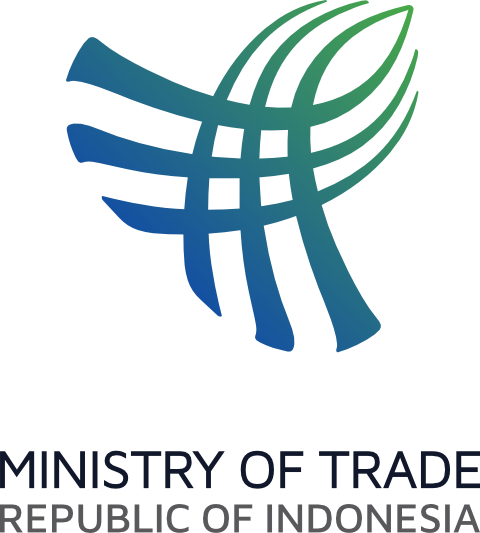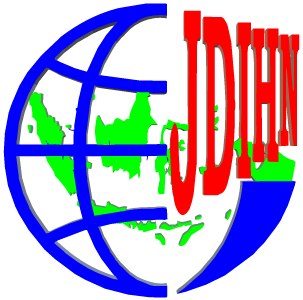
Nigeria, other African trade unions push for HRDD in green minerals surge
Nigeria, other African trade unions push for HRDD in green minerals surge
African trade unions, including several from Nigeria, are intensifying calls for Human Rights Due Diligence (HRDD) in the extractive sector as the continent’s mineral resources, especially cobalt and lithium, become central to the global energy transition. At a recent conference in Accra organized by IndustriALL Global Union Sub-Saharan Africa, about 90 delegates from 15 countries — including leaders from NUPENG, PENGASSAN, NUCFRLANMPE, and NUTGTWN — gathered to discuss how to align international HRDD standards with Africa’s realities.
Themed “Promoting human rights and responsible business conduct in the world of work: from Global Frameworks to African realities,” the conference emphasized protecting workers’ rights in the face of rapid economic changes driven by the African Continental Free Trade Area (AfCFTA). Discussions centered on strengthening trade unions’ capacity to monitor human and labour rights risks, advocating for national and sectoral HRDD frameworks, and ensuring that mineral wealth supports sustainable development in line with the African Union’s Agenda 2063 and the African Mining Vision.
A major focus was the Democratic Republic of Congo (DRC),which supplies over 70% of global cobalt. Concerns were raised about child labour, poor conditions for women and youth in artisanal mining, and lack of transparency in corporate practices. An audit of Chinese-owned Tenke Fungurume Mining highlighted gaps in health, safety, and accountability, but was seen as a step toward enforcing safeguards.
Delegates drew lessons from global models such as the EU’s Corporate Sustainability Due Diligence Directive and Germany’s Supply Chain Act, which provide mechanisms for transparency and worker remedies. They also explored collaboration opportunities, inspired by Australia’s Mining and Energy Union, which uses tools like pension fund leverage to pressure corporations.
IndustriALL leaders warned that without HRDD, Africa risks becoming a hub for exploitative labour practices,especially in critical minerals. They stressed the need for unions to organize workers more effectively, hold corporations accountable, and ensure that Africa’s mineral-driven economic growth translates into fair labour standards and sustainable development.








